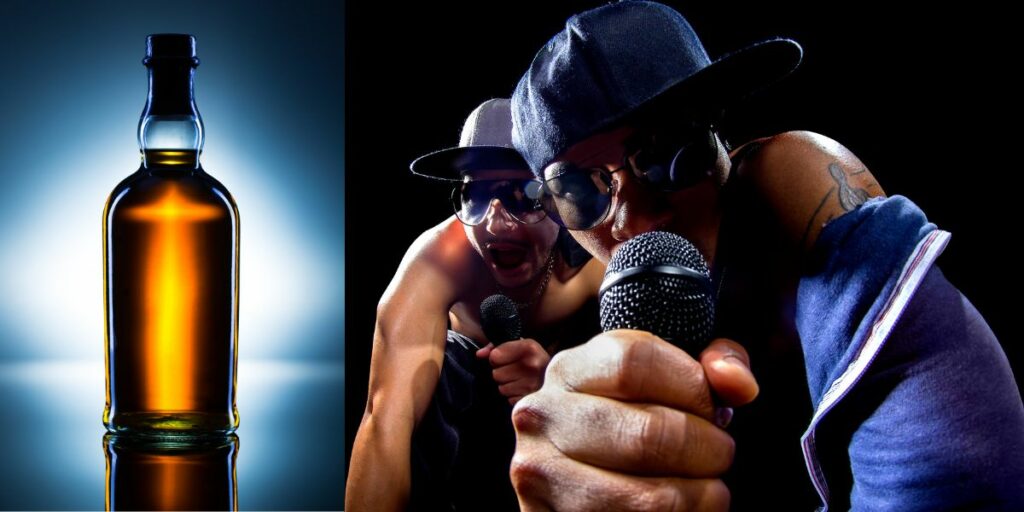Hennessy and hip hop are like macaroni and cheese, peanut butter and jelly, Batman and Robin… You just don’t usually see one without the other.
Many credit the connection between cognac and hip hop to Busta Rhymes and his song Pass the Courvoisier; this was seen as the pinnacle of cognac consumption in the Black community. The ties between brown liquor and hip hop, however, are much older than you might think.
Brown Liquor and Slavery
Perhaps the best-known—and yet still somewhat secret—connection between Black culture and brown liquor is found in the story of Nathan “Nearest” Green. This enslaved man has only recently been recognized for teaching Jack Daniel—yes, that Jack Daniel—how to make the world-famous whiskey that has reached the farthest corners of the globe. That’s just one story about the ties between slavery and whiskey, particularly bourbon, in America.
The Black Community Reclaims Brown Liquor
It’s no wonder, with the history here, that the Black community would endeavor to reclaim brown liquor as their own. Still, the connection formed well before Busta Rhymes, yet again. African Americans fighting in World War II enjoyed cognac in chic bars, listening to Black jazz artists like Josephine Baker, Miles Davis, Louis Armstrong, and Duke Ellington. What a difference that must have been from the oppression they faced upon returning home.
After the war, Hennessey placed ads in Black publications like Jet and Ebony, reminding the Black community of the freedom they’d felt with a glass of cognac in hand. There, in fact, is the beginning of the current connection between brown liquor and hip hop. The Black community was given the opportunity to fully reclaim that freedom.
The Changing Landscape
While brown liquor and hip hop have now been inextricably linked for years, the landscape is still changing one day at a time. Let’s go back to the beginning, with Nearest Green and his famous Tennessee whiskey. You know, the one that made Jack Daniel a household name. To correct the wrongs of the past, Fawn Weaver first uncovered the undeniable truth that Nearest Green was almost entirely responsible for the success of the Tennessee whiskey the world knows and loves. She founded the Nearest Green Distillery just a few miles from where Nathan Green once lived. Then, she insisted that Nearest’s great-great granddaughter, Victoria Eady Butler, serve as the Master Blender.
Other black-owned distillers of brown liquor—most notably whiskey—include Ray Walker, the founder of Saint Cloud; the Yarbrough brothers Victor, Christian and Bryson with Brough Brothers bourbon; and Sean Edwards, recognized by the state of Kentucky as the first African American to make Kentucky bourbon since slavery, with Fresh Bourbon.
There is no denying the deep, strong, and abiding roots of Black history in brown liquor. And, while cognac is still the drink most commonly associated with hip hop, we expect that tide —perhaps not shift so much as grow—to include a wider variety of brown liquors, particularly those distilled in small batches by the Black community.

